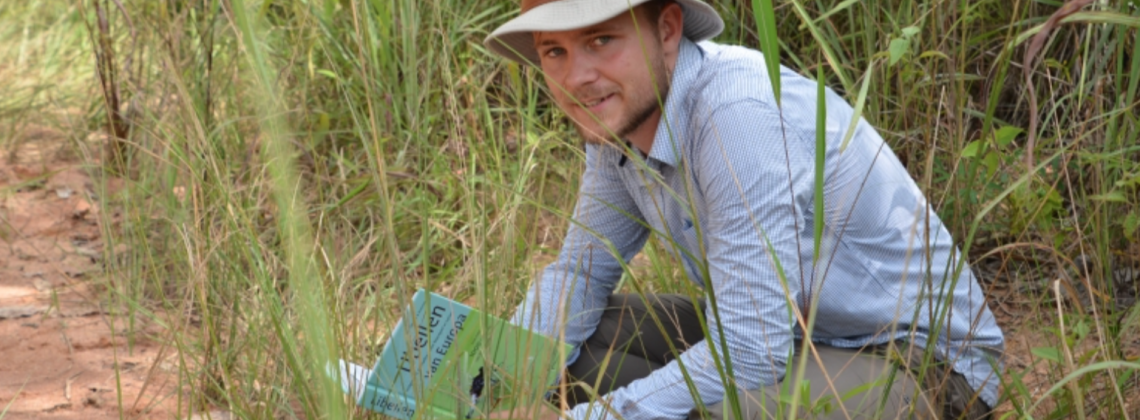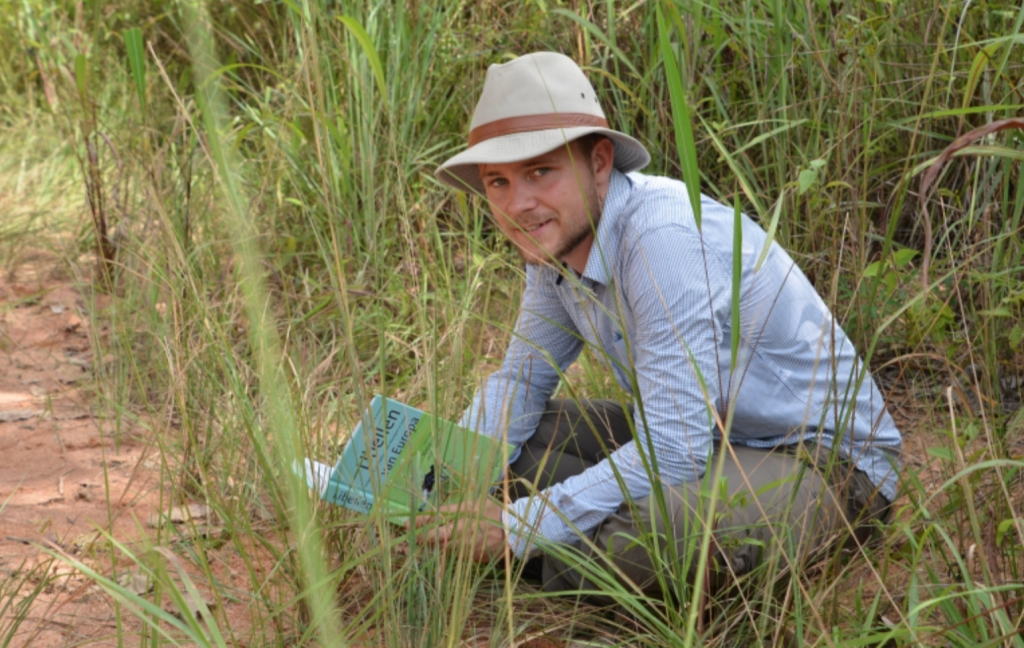

Wisdom and wilderness walk hand in hand
Mom taught fourth grade for many years. Fourth graders were at an age she loved: No longer babies, they were old enough to know some things; the first twinklings of a broader consciousness were stirring in them. But their hormones had not yet begun to savage them into adolescence. In the fourth grade they were still kids, wide-eyed, observant, receptive, inquisitive . . . capable of seeing the wonder of things.
Of all the wondrous students she met, each of them unique and worthy of her best teaching efforts, one stood out. Mom knew from the outset that David H___ was like no other fourth grader she would ever encounter. She quickly realized there was nothing she could do for David but provide him with all the educational materials she could lay hands on, and then stand back in awe.
David rode his bicycle all over our small Illinois town of Taylorville, creating his own map of the town from scratch, labeling all the streets. He researched trees and plants without being prompted, learning all their names and how to identify them. Mom went to the high school and borrowed microscopes and a micrometer for David to use, and he helped the class measure the width of their strands of hair. Mom had him teaching the required science lessons to his classmates. While never neglecting the other students and their need for challenges, guidance, and attention, Mom scrambled to supply David with resources.
When he had graduated, David went on to college, where his passion for ecology and conservation prompted him to live in a tent while he took his courses. He showered in the gym, studied in the library, and spent his free time building canoes out of birchbark, researching and experimenting with soil and horticulture and alternative sources of energy.
By the time of my childhood, my parents had settled into a long-term friendship with David. He eventually lived on the whole of North America itself. He built a cabin by hand on a plot of land he owned in Canada. He traveled in the West and South. He drove down through Mexico and back up, absorbing all he discovered. He built a fireproof library with concrete block walls; filling this shelter with books and articles, he intended to use it as his writing and research center when he retired.
Frequently David would deliver to Mom a fat manila envelope of his essays on ecology, on the proper ways for human beings to live. Whenever he passed through Taylorville our farm was a base for him. Daylight was never to be wasted, so David did his visiting after dark, having worked all day with axe and saw among the trees. Sometimes he would arrive at our house desperately needing a shower, and our bathroom was at his service. Sometimes he would show up after 10:00 p.m. bursting with excitement over what he had discovered about the watershed of a particular region, and Mom would usher him to the kitchen table to tell all. She loved David and his thinking, but she would confide to me afterward, longing for bed, “I don’t care which way the rivers flow!”
David had a circle of friends who thought in similar ways: young, educated dreamers applying their minds and labors to ecology, and my parents welcomed them to our land. Throughout the warmer months some of them came to camp at the edge of our field, often staying outdoors overnight. They were not loud or boisterous or stoned; they were keen and merry and full of idealism, magical people in the firelight. They wanted to be on the earth, among the crickets; they wanted to welcome the dawn and hear the birdsong and think about the ground they lived on, the trees and plants, seeds in the soil, and living creatures around them.
For several years a part of our field became a strawberry farm, worked by David and his friends; we kids got in on it, too, filling the quart baskets with the smooth, shining fruit. A raised soil-bed walled with concrete blocks housed earthworms. I’m not clear on what was done with these worms, but I learned that they were good for the soil. David himself taught me how to chop wood on the dirt, never on concrete, so as not to ruin the axe. One of David’s friends engineered a hot water system for his mother’s home by means of a solar shed: Its east, south, and west walls could be opened or closed to follow the sun, which heated the water in black-painted barrels inside. One friend experimented with burning chicken droppings for energy. For some years David eschewed the use of a motor vehicle and would navigate the roads on his heavily-laden bicycle—often while singing at the tops of his lungs—but he eventually conceded the necessity of owning a good pickup truck for hauling his loads of firewood and other equipment.
Some neighbors were suspicious of what to them resembled a “Hippie commune” at the edge of our field. I thought of the group as “the chicken-house people,” since their base of operations was the concrete slab upon which half of the old chicken house had once sat—the half that remained provided a shelter for tools and canoes. Dave and his friends had none of the wildness that some neighbors feared; theirs was the wildness of green things sprouting from the earth.
My parents welcomed them, recognizing a value in that community, a purity of intent, a freshness of wisdom. My mom saw Dave’s intelligence from the time he was in fourth grade. She knew that the best answers often do not lie in maintaining the status quo. Sometimes truth is spoken by a voice in the wilderness. Mom and Dad were willing to try things that made sense, especially when those things lay close to the land in honest and fruitful labor. At the edge of our field, good minds gathered, callused hands worked.
Thinking back on those times now, I am reminded of Wendell Berry’s poem “A Vision,” which includes the lines:
In their voices they will hear a music
risen out of the ground. They will take
nothing from the ground they will not return,
. . .
. . . The abundance of this place,
the songs of its people and its birds,
will be health and wisdom and indwelling
light.
For over twenty years, Frederic S. Durbin has been professionally writing fiction for adults and children. His most recent novel, A Green and Ancient Light, was named a Reading List Honor Book by the American Library Association.
Magical people in the firelight / theirs was the wildness of green things spouting from the earth. What a beautiful tribute and meditation.